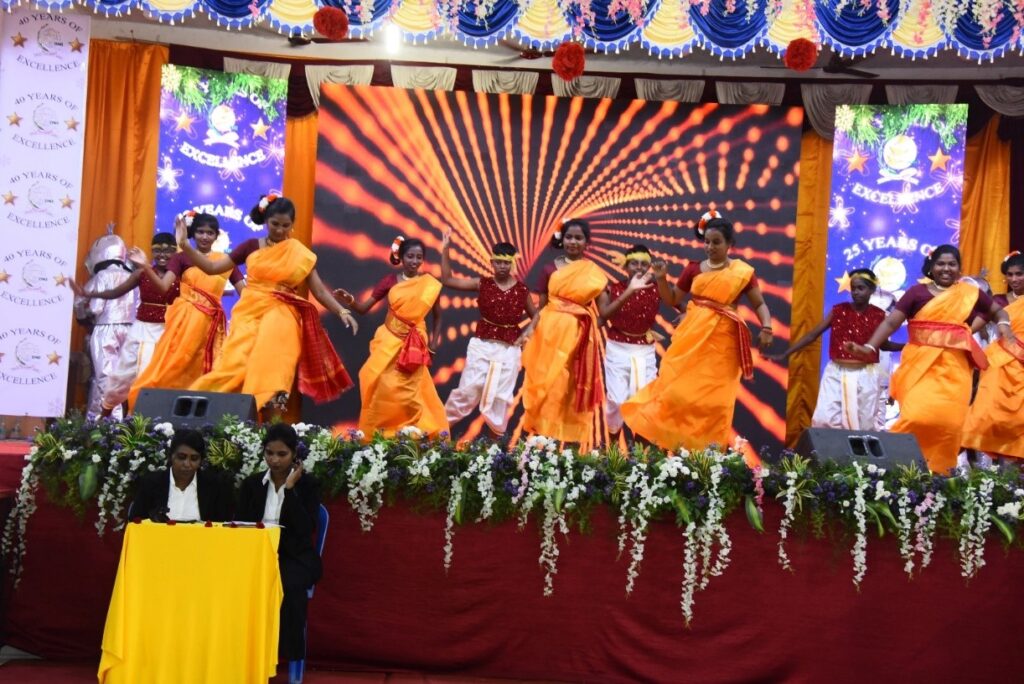- Home
- Indian Knowledge System
Indian Knowledge Heritage Systems
India has a rich tradition of knowledge systems that have evolved over thousands of years, encompassing various fields such as philosophy, science, mathematics, medicine, astronomy, and more. These knowledge systems have significantly influenced not only Indian society but also global thought. Here are some of India’s knowledge heritage systems we are practiced.
1 . Yoga: Yoga is a spiritual and physical practice that originated in ancient India. It encompasses a range of techniques for improving physical, mental, and spiritual health, including postures (asanas), breathing exercises (pranayama), and meditation. Tamil Literature (Tirukkural).


2 . Tirukkural, also known as the “Kural,” is a classic Tamil text written by the ancient Tamil poet and philosopher Thiruvalluvar. It is considered one of the greatest works of Tamil literature and is highly regarded for its moral and ethical teachings. Thirukkural reading event offers numerous benefits for participants, ranging from cultural appreciation and moral development to critical thinking skills and community engagement. By fostering a deeper understanding of Thirukkural’s timeless wisdom, participants are empowered to lead more ethical, fulfilling, and culturally enriched lives.


3 . Cultural dances are dances that reflect the lives of people in a specific region or country. They are created within the context of a particular culture and have elements that are significant to that culture. Cultural dances are passed down from generation to generation. They are a vital part of every culture and help to preserve traditions and cultures.


4 . Pongal festival celebrated by the Tamil community. It is a celebration to thank the Sun, Mother Nature and the various farm animals that help to contribute to a bountiful harvest. The festival is named after the ceremonial “Pongal,” which means “to boil, overflow” and refers to the traditional dish prepared from the new harvest of rice boiled in milk with jaggery. The festival usually falls on the 14th or 15th of January each year.



